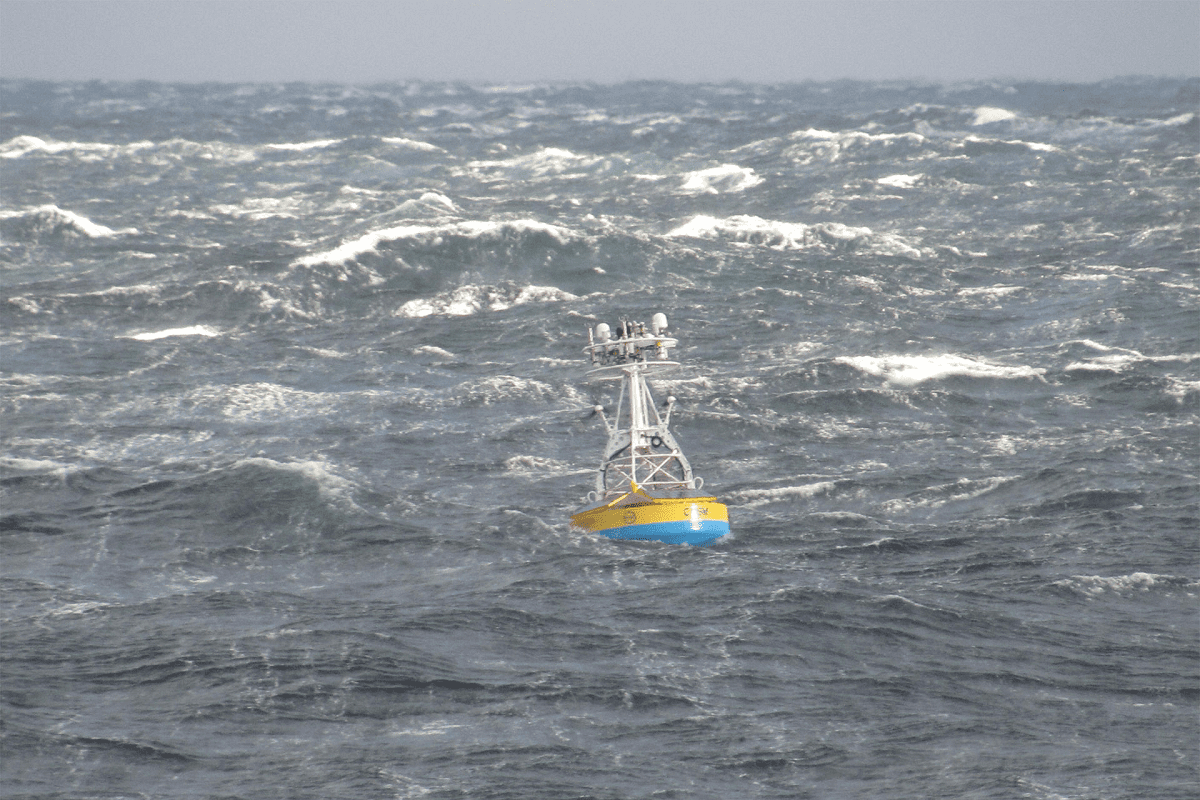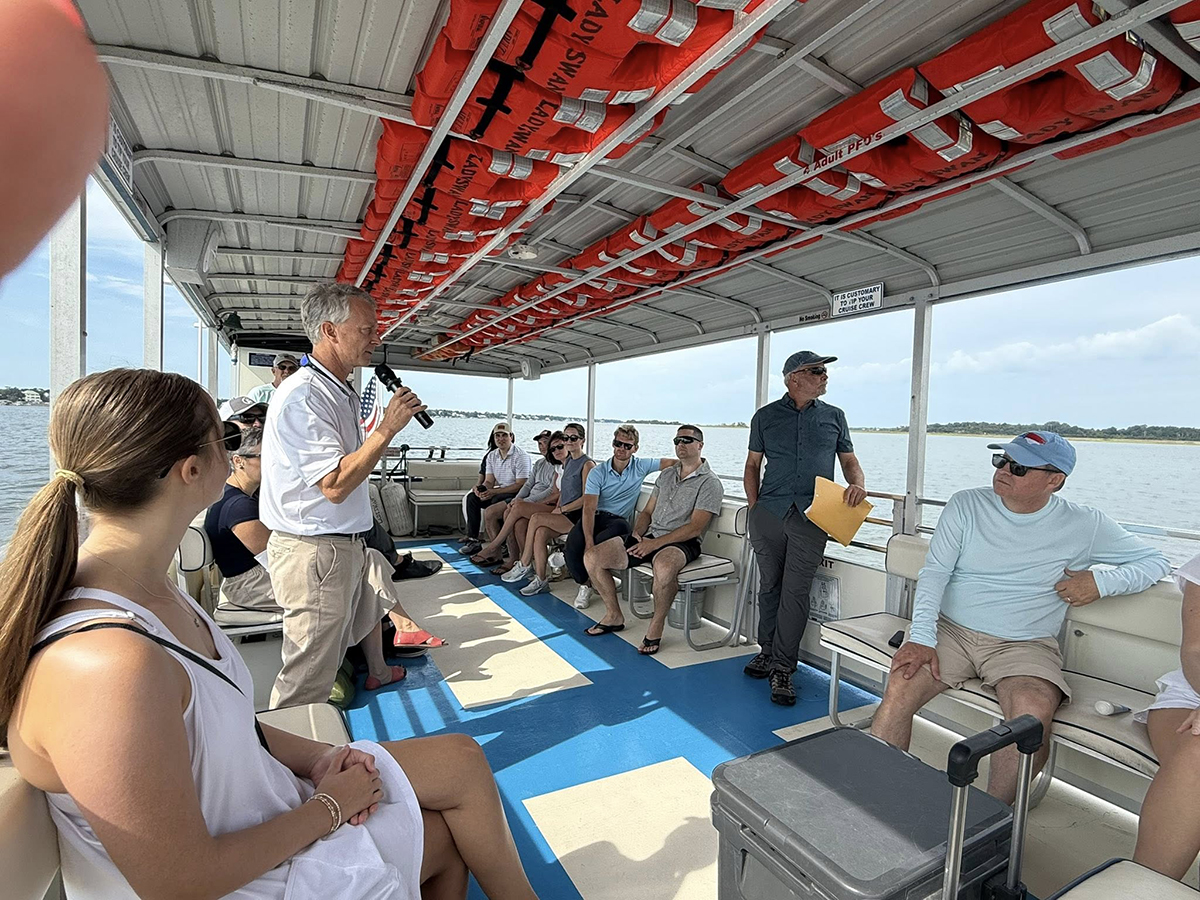
Dr. Albert Plueddemann, senior scientist with Massachusetts-based Woods Hole Oceanographic Institution, will discuss the new research ocean observing array to be relocated offshore of the Outer Banks during this month’s “Science on the Sound” lecture series.
The program, “Relocation of the Ocean Observatories Initiative Pioneer Array,” is at 6 p.m. April 20 at the Coastal Studies Institute on the East Carolina University Outer Banks campus.
Supporter Spotlight
Each lecture is free and all are welcome to attend. The program will be livestreamed and a recording is to be made available for later viewing on YouTube.
The Ocean Observing Initiative Pioneer Array was envisioned as a relocatable coastal array to investigate physical and biochemical exchange processes on the continental shelf and upper slope.
The array infrastructure includes moorings, gliders and autonomous underwater vehicles, and was previously sited on the New England shelf, centered at the shelf break south of Martha’s Vineyard, Massachusetts. according to the institute.
Beginning in 2020, a series of scientific workshops were held to consider moving the array to a new location, and officials decided to relocate it to the Mid-Atlantic Bight off the Outer Banks. Ocean observing data helps to track, predict, manage and adapt to changes in the marine environment.
Related: NC coast new home for complex ocean-observing system
Supporter Spotlight
The instrument arrays gather physical, chemical, geological, and biological data from the air-sea interface to the seafloor, providing a wealth of information for research and education. Once fully operational in 2024, the data collected will be available online in near real-time to anyone with an internet connection at Oceanobservatories.org.
The new site represents a different environment than the New England shelf location and offers opportunities to collect data on a variety of topics, including Gulf Stream influences, land and sea interactions associated with large estuarine systems and a highly productive ecosystem with major fisheries.







